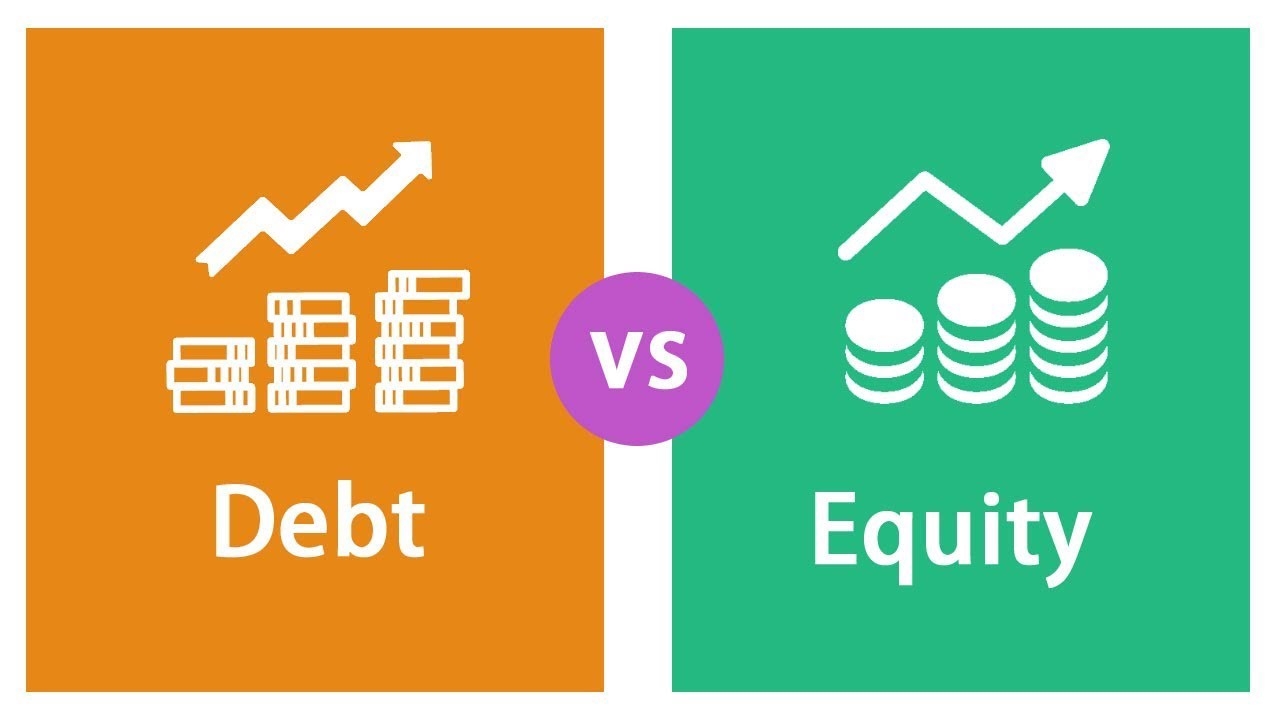Home>Finance>What Is A Value-Added Reseller (VAR)? Definition And Example


Finance
What Is A Value-Added Reseller (VAR)? Definition And Example
Published: February 15, 2024
Learn what a value-added reseller (VAR) is in the finance industry and explore a real-life example. Understand the definition and importance of VARs in enhancing business solutions.
(Many of the links in this article redirect to a specific reviewed product. Your purchase of these products through affiliate links helps to generate commission for LiveWell, at no extra cost. Learn more)
Unlocking the Mysteries of Value-Added Resellers (VARs) in Finance
When it comes to navigating the complex world of finance, understanding the various players and their roles is crucial. One such player that holds a significant position within the industry is the Value-Added Reseller (VAR). In this article, we will delve into the definition and provide a real-life example of a VAR, shedding light on their essential role in the finance sector.
Key Takeaways:
- Value-Added Resellers (VARs) are companies that enhance and customize products or services before reselling them to end customers.
- VARs provide value by offering additional services, product integration, technical support, and customer training beyond the original product.
So, what exactly is a Value-Added Reseller (VAR)? In simple terms, a VAR is a company that enhances or customizes products or services before reselling them to end customers. Think of them as intermediaries who take a product or service and optimize it to meet specific customer needs. VARs provide added value by offering additional services, integrating the product with existing systems, providing technical support, and even offering customer training to ensure the product’s smooth implementation.
Let’s illustrate this with an example. Imagine a financial software company that develops an accounting software solution. While the software is designed to handle various financial tasks, it may lack specific features or integrations that cater to the unique needs of individual businesses. This is where a Value-Added Reseller (VAR) comes into play. The VAR will tailor the software to align with the specific requirements of different businesses, making it a more efficient and effective tool for managing finances.
Not only do VARs provide customization, but they also serve as trusted advisors to their clients. They offer valuable insights into the industry and help businesses choose the right products or services that will drive growth and success. VARs often have specialized knowledge in specific areas of finance and possess a deep understanding of the challenges faced by businesses operating in the industry.
By partnering with a VAR, companies can benefit from customized solutions that are designed to meet their specific needs. Instead of settling for a one-size-fits-all approach, businesses can leverage the expertise of VARs to optimize their operations, enhance efficiency, and stay ahead of the competition.
In conclusion, Value-Added Resellers (VARs) play a vital role in the finance sector by enhancing and customizing products or services to meet the unique needs of businesses. They provide value by offering additional services, integrations, technical support, and customer training. By partnering with a VAR, companies can unlock the full potential of products or services, gaining a competitive edge in the market. So, the next time you come across the term VAR, remember that it represents a powerful ally in the world of finance.
Got any more questions about Value-Added Resellers? Drop us a line in the comments below!














